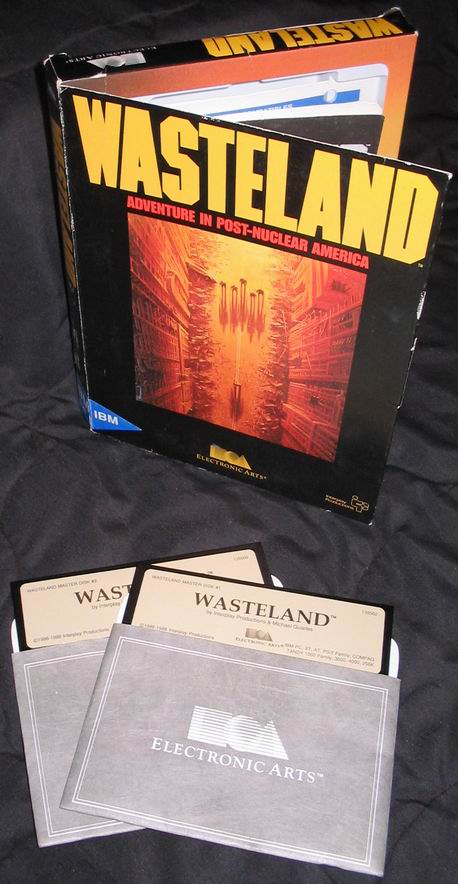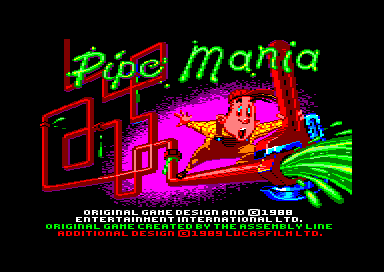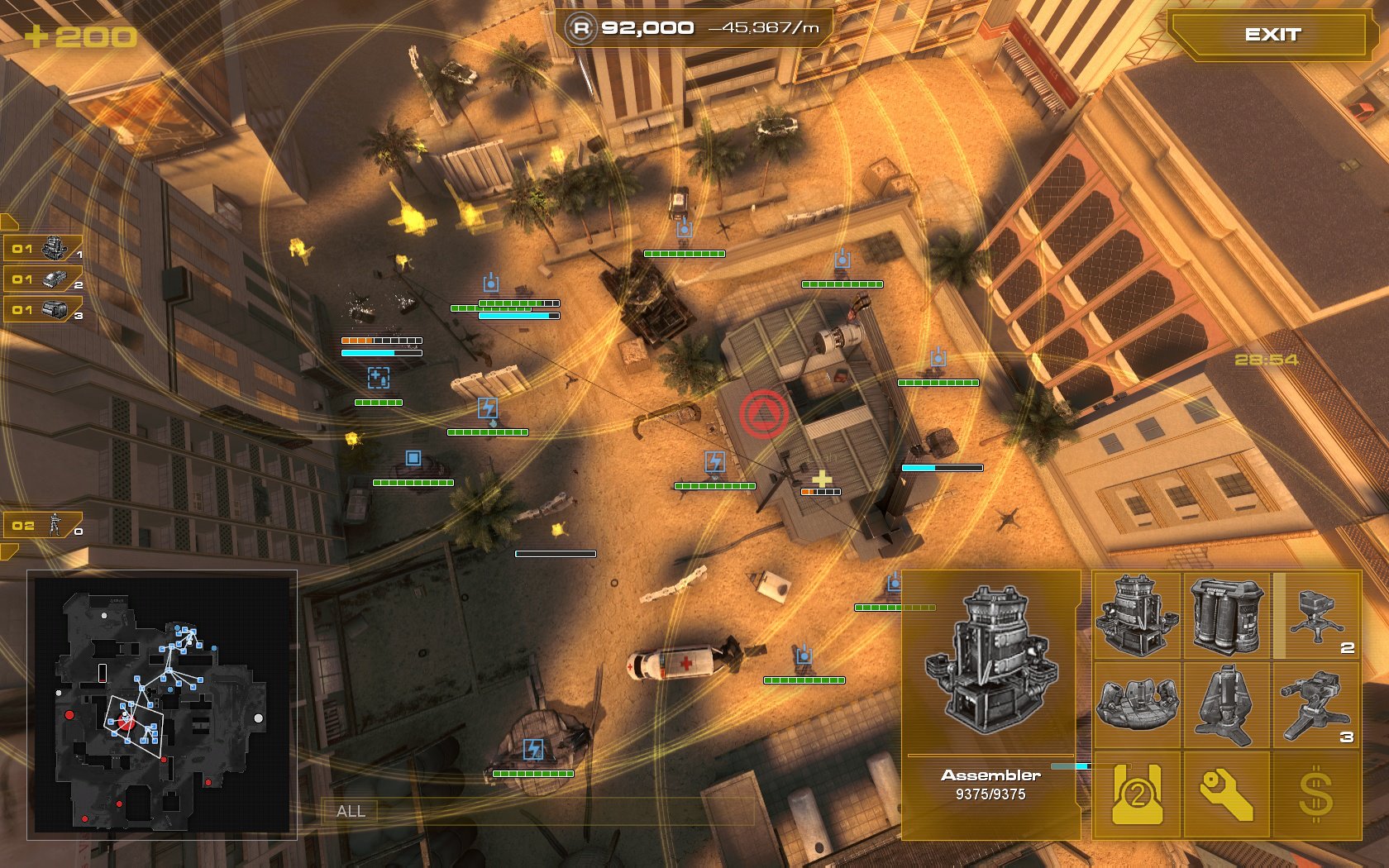Even though I blog about games a lot, it's important to talk about other things, including (LE GASP) my actual life. So I'm going to start with what, at first, seems the most underwhelming shit in the world.
I have a new vacuum cleaner. And it is fucking awesome. You may disagree on this point, but hear me out, if only because I'm also gonna be talkin' about online dating later, a thing I know a few friends have experience with.
So, why is this so awesome? I mean, it's a fucking household tool, right?
My Vacuum cleaner, a 3d mockup courtesy of Keyshot. It is awesome, I will brook no arguments.
Right. But it's one this house has been lacking for a
while, and it showed. It didn't help that my last vacuum cleaner was weak as fuck... And this is awesome because of another factor: A clean house, a clean mind. Now, I wasn't sure of this statement myself, because I
kind of like shit strewn about. I know where it is, y'see, and an empty floor actually makes me freak out a little.
But mess... Mess is a different matter. I'm not talking about "Dude, you have, like, fifty art books strewn around the floor!" (That's relatively fine, so long as I don't damage the books by leaving them
open and strewn about, don't deliberately step on them, that kind of thing), I'm talking about the little shit that adds up. Sometimes, little bits of tobacco fall out of your rollup, ash, dust, crumbs... Little things that nonetheless add up to a
grody experience. The kind that makes you feel bad for seeing it, and isn't good for your physical health either. You can dust with a brush, broom, and dustpan all you damn want, some of that crap isn't going to go away.
But a vacuum cleaner, that's a huge load off my mind when it comes to keeping my space clean and relatively healthy. And seeing as I see a
lot of my room in Winter, and that it's my little retreat from the world when the sadbrain hits, that's actually
really fucking important.
Okay, this is a bit of an extreme clipshot for such a point, but I hope you get where I'm coming from here. This is bad.
So that is why a new vacuum cleaner is awesome.
Moving on, let's talk a little bit about online dating. I have two online dating profiles, both on "free" sites:
PlentyOfFish and
OKCupid. And I'm relatively okay with both my profiles. But online dating has a lot of frustrations, and one of them is summed up quite simply...
...I can't be "Looking for a Relationship" and "Looking for Friends" at the same time, or rather, I
can, but people will have issues trusting one or the other motive. And this is Not Technically My Fault. In fact, I'm fairly certain I can drop the technically there, because
dating sites like to simplify shit. And people buy into that.
Not that my messages are top notch or anything, any issues with folks just not wanting to talk to the guy who suddenly pops up and can ask a
buttload of questions are my fault and my fault alone... But there's other factors out there, and one of them is tied into that whole Culture of Fear thing I talked about a long while back.
This is useful. But not always your friend.
See, some folks genuinely aren't interested in more than a random date, maybe a short fling. This is a good thing, because that's their comfort zone, and so long as they're responsible about it, it's all good. But when someone who has "Looking for a Relationship" on their profile messages them, that sends lil' warning bells that
maaaaybe that person wasn't meaning to ring. So they're less likely to respond to that kind of messager, out of the (Sadly, often genuine) fear that the person will become clingy, creepy, or stalky. That's just one example of how a system with hard categories, however useful hard categories can be, isn't helping anyone.
"But Jay," you cry "You can, on some places, set it for Friends, Hookups,
and Relationships, all at once, it doesn't
have to be black and white!"
Yes. Yes you can. And sadly, this often leads to the perception that, instead of being someone who's laid back and fairly open minded, they're sad, desperate folks clinging to whatever they can get. Because here's another problem with dating profiles, and writing them.
Sell Yourself... But Don't Make It All About You. In practice, this is a hella delicate balance, but those two rules are often just thrown out there, with little practical advice on how to balance them. Me, I talk about me, and I would like it if you talk about you, profile wise. When talking over the direct messaging, it's more mutual, but when it comes to profiles themselves? Hell fucking yes, make it about you. Because if someone's not interested in
you, and you're not interested in
them, well, that's a helluva fucking great start,
isn't it?
Dating sites try to sell you a lot of concepts, and not all of them are actually useful. Let's take a digression into interests. Dating Sites looooove generic categories for interests, and people loooove the "Just Ask" as a replacement for talking about themselves, partly because People Are Lazy, partly out of fear of attracting the Creeper, and partly because dating sites encourage pigeonholes.
A sadly very apt image, on multiple levels!
So often, I see something along these lines:
"Hey there, you wanna know more, just ask!"
INTERESTS
- Socialising
- Family and Friends
- Shopping
...Wow. You could be the most bubbly, lovable person on the planet, and I will
never know, because online dating, no matter how much you pretend otherwise, is a time investment (Moreso for women than men, because men, on the whole, do seem to message women a
lot more than the other way around. At least partly because a lot of women's time is spent going through the hundred and fifty or so variations of "HEY BABY, WHAZZAP" that they seem to get every god-damn day, which cuts into
their time) ... And this has told me
nothing. What do you shop for? What do you like about socialising? Why do you list keeping up with the family and friends as a hobby?
What the hell can I ask?
I could be the most bubbly, lovable person you've met (Probably not, I'm a regular Doctor Doom at times, and not ashamed to admit it), and you, too, will
never know. All because of a bunch of shitty factors. Let's sum up some of them.
- The aforementioned Lazy Profile. Often encountered in the wild with the Duckface Selfie, or the male variation, the Man Poses With Tiger (This has become almost a fucking meme)
- People are told to sell themselves, and guess what? This has often had connotations of Make Yourself Appear Better Than You Are, because retail marketing does that, so why shouldn't you? (Protip: It's better in the long run if you actually improve the product... In this case, you. This also works in the long term for retail, but hey...)
- It
is a long term thing. But everybody wants a fix now, now,
now.
- Text communication needs work too.
- Creepy Dudes. I'm not gonna lie, there's Creepy Ladies out there too, but Creepy Dudes appears to be the bigger problem here. This all ties into the final point, which I'm going to separate and emphasise..
Relationships Need Work. Do The Fucking Work.
Thanks to Orange for this pic that sorta shows how this should go down.
I'm guilty of this one just as much as the rest of you. There are folks I've forgotten to message, and then not messaged later out of guilt. There's one lady I'm talking to right now (I do like guys, but am not exactly fond of my own gender these days, as a whole. Specific dudes I know are awesome though, just to clarify!), who's working on their uni assignments, so I know they won't be able to message back right away. And there's folks who seem awesome, but I'm not willing to send a second message a lot of the time out of fear of being a Creepy Dude.
But yeah... Again, using a dating site is about peace of mind, and, like cleaning the room, it takes work. Which yes, sucks, I know... But, in the words of Jennifer Connolly in Labyrinth
"Yes... It
isn't fair... But that's the way it is." (Note: This doesn't apply to certain concepts, like misogyny, classism, and general bigoted assholery. That isn't
just the way it is, it's a shitty thing that folks can deal with, and should deal with.)
A little understanding, a little more
communication, and a little more effort in that communication, and you'll be happier overall for it.
Finally, I'm gonna segue into Music, and wrap up what you may have noticed has a theme here. Linking it back to the dating sites, you may get frustrated when you just see "MUSIC" under interests. But I'm more tolerant of that, because taste in music is not a thing that can really be pigeonholed. It's not terribly
helpful, but that's because we should really concentrate more on
why we like the music, not
what music we like.
Music wise, there's only two things I really don't like: Gangster Rap, because fools take themselves too damn serious, and Happy Hardcore, because I refuse to believe that shit is music. That's the prejudice part of things over with, out the way, done.
But we like music for a variety of different reasons, and often, we like music that's ideologically contested.
Wait, Ideologically Contested? What The Fuck Is This?
Okay, let's take a few examples, all from the period I grew up in (Which has a lot of it). Let's start with New Order's Blue Monday. Blue Monday is an awesome track, with a great backbeat, some good synth, and vocals that make me wonder what guitar pedals they hooked to the mike, because
I wanna sing like that. But the song itself? It's about a dysfunctional as fuck relationship. Just the chorus should clue you into this:
But tell me now, how do I feel?
Tell me now how should I feel?
Two fucking lines, and it establishes a cornucopia of "This person is fucked". They're numb, confused, and dependent on the other person to
tell them how they feel. It doesn't get much better:
Those who came before you,
Lived through their vocation.
From the past unto completion,
They'll turn away no more.
Okay, "Those who came before you"... The people they've dated before... "
Lived through their vocation"?!? Vocation, a
job, a
duty. Serious self image issues. Everything about this song (Go look up the lyrics) screams dysfunction, but I love the expression.
Turning Japanese. Teardrop. Tainted Love. Didn't Mean To Turn You On. You Spin Me Right Round, Baby (Right Round). All about things turned sour. And at least two of those are
really fucking catchy.
But, at the same time, I love Doki Doki, by Smile.DK. Science Genius Girl, by Freezepop. I love Thrift Shop, by Macklemore... Because they're all
expressive as hell. Mary Black. Apollyon Sun. AC/DC and Led Zeppelin. I love music in general because it
expresses these things. And sometimes I love things I shouldn't.
Good example, I think Skullcrusher Mountain, by Jonathan Coulton, is, in its twisted sense, romantic. But it's not a healthy romance. Oh,
goodness me, no. He specifically wrote it as a Bond Villain Lovesong, and that's
not healthy at all. In fact, I wouldn't blame you for disliking me for liking that song. That's Not My Name, by the Ting Tings, is the
anthem of clubbing boys and girls who go out, get pissed, and
don't understand why nobody will take them home, for fuck's sake. It's
not a nice song. The male backing even goes into this, while the lead continues to tell you how pissed they are:
This song was in my head, now it's in my mind,
Call it, reach it, get some words, and get some timing,
Now I realise, I cannot emphasise,
I'll stick around, but just a promise, nothing binding,
However can't you see, that you're so desperately,
A standing joker like a vocal one liner.
This song is sing-a-long, but it's so monotone,
Gotta get some soul, gotta get some feeling
Emphasis mine. The first half is kinda shitty on the dudebro end of things. I'll stick around, but even though it's a promise, I don't feel the obligation to keep it? Way to fucking go, brah, and I mean that in the most sarcastic sense possible. But the other half...
...It's like that one Saturday Morning Breakfast Cereal comic. Here, lemme link you
the comic in question. In this case, it's not the guy doing this... It's the lady. And a lack of communication really fucking hurts.
So, let's wrap this up. You may have noticed a common theme here. Two, actually: Communication, and Safe Space. This whole blog post was a very thinly veiled set of analogies, while also dealing with examples of how they're
actually fucking important, yo. Dating sites aren't necessarily a safe space (in fact, for some folks, they definitely aren't!), but part of the problem with them is the whole
Humans Are Lazy At Words thing I talked about (Yeah, I just provided you at least two more examples for that.) Music is expressive, but sometimes it expresses things that
really aren't safe (I like some of these tunes, not just because they're good
tunes, but because I have darker aspects, just like everyone else, and being aware of them helps me just be a Moustache Twirler, as opposed to That Fucking Creepy Villain Nobody Likes Because He's Super Repellent). And a vacuum cleaner, a simple fucking household tool that's really common in the First World, is important to me for helping to create a safe space in my own home, in terms of both mental and physical health.
Now excuse me, I have to do a second pass on the kitchen, and watch those hairs on the carpet get SUCKED INTO OBLIVION, SUCK IT, CARPET DEBRIS!
Ahem...























